Censorship, which is the suppression of speech, public communications, or other information, has been repeatedly used by those in power worldwide against the people of countries; in such a way that through it, war crimes, inhumane conditions, and public protests have been denied and concealed multiple times The most prominent type of censorship occurs in the media domain—something that has become one of the ruthless tools in the hands of the powerful!
Offline Inequality, Online Censorship
Sometimes inequality happens away from the world’s eyes, so to speak, offline in societies, and what makes that injustice even less visible, prevents it from becoming a topic of discussion, or even portrays it differently, is the way it’s restricted in the media and censored online! Below, you’ll read examples of people’s censorship in societies.
Censorship of Indigenous Australian Women’s Community
One of the inequalities against Indigenous women in Australia is that they are 80 times more likely to experience violence than non-Indigenous women. In this society, Facebook banned the activities of Celeste Liddle, an Australian writer, four times for performing a comedy play featuring Indigenous Australian women, thereby committing media censorship against Indigenous Australian women.
Censorship of African American Community
Black people in America are three times more likely to be killed by police than white Americans, but Facebook has repeatedly censored this injustice against African Americans, provoking protests from many people and groups. For example, in 2017, a coalition of 77 social and racial justice organizations wrote to Facebook about censoring users of color and removing images related to racism.
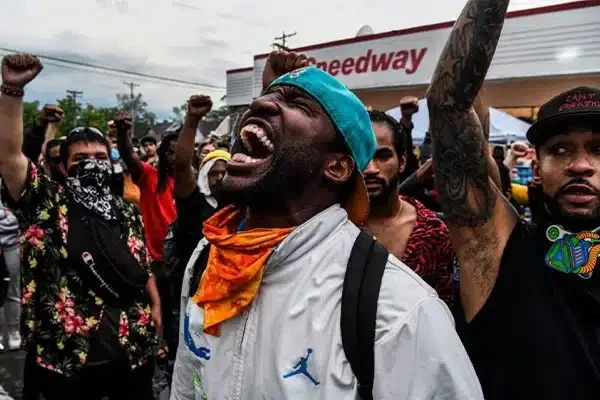
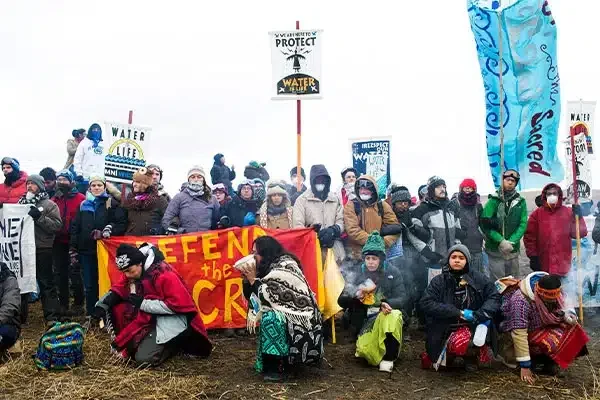
Censorship of Dakota Pipeline Protesters’ Community
During the Dakota pipeline protests, at least 739 people were arrested between August 2016 and February 2017, but Facebook censored footage of the mass arrest of protesters against the Dakota pipeline construction.
Censorship of Native American Community
A generation of Native American children lost their original names due to the Dawes Act (1887). Native Americans were required to choose Christian names to own land. The censorship of Native Americans went so far that the name “Shane Creeping Bear,” a Native American resident of Oklahoma, was declared fake by the Facebook platform because it meant “Creeping Bear,” and he was removed from it!
Rohingya Community in Myanmar
From August 2017 to January 2018, 688,000 Rohingya fled Myanmar due to escalating state violence in recent decades (long-term genocide), but Facebook censored these attacks. In September 2017, several Rohingya activists reported that their posts were deleted, or their Facebook accounts were blocked after sharing information about the Rohingya attacks.
Censorship of Palestinian Community
One of the inequalities against Palestinians is the temporary detention of 26 Palestinian journalists by the Zionist regime since May 2017. Just a few days after a meeting between Israeli officials and Facebook in 2017, the platform denied the existence of this inequality. Facebook deleted the profiles of 7 prominent Palestinian journalists and stated that this was an inadvertent mistake!
Another case of censorship against Palestinians is the arrest of 200 of them by the Israeli regime from October 2015 to May 2017, solely on the pretext of publishing provocative posts on social media. In 2017, Israeli authorities claimed they had an agreement with Facebook, resulting in the platform accepting 95% of Israeli authorities’ requests to remove content opposing the regime’s interests. But through media censorship, Facebook denied the existence of such an agreement!
داستان نژادپرستی اسرائیلیها در کنار ظلم به مردم فلسطین در سرزمین اشغالی بسیار شنیدنیه…


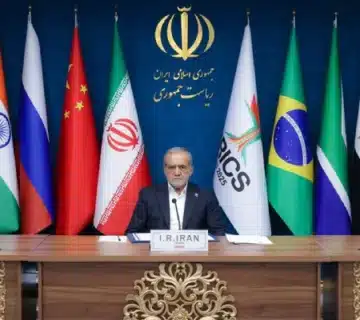

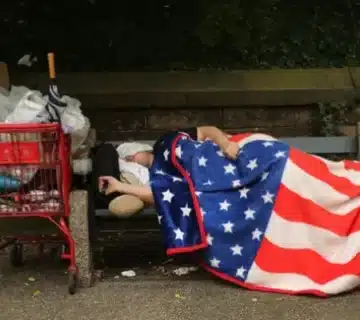
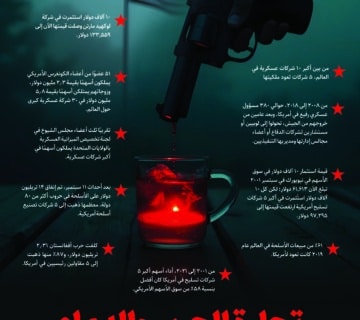
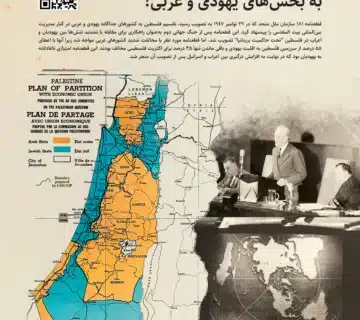
No comment